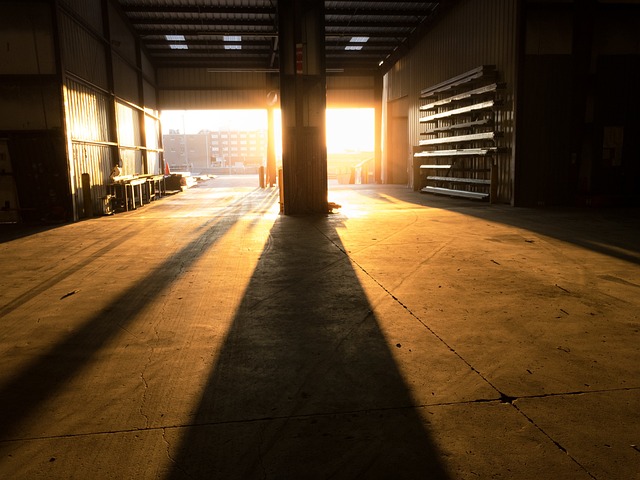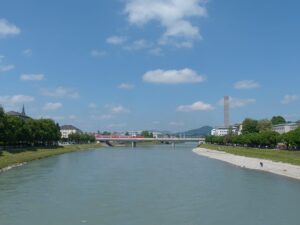Portable water heater tanks are flexible, efficient solutions for temporary hot water needs, ideal for construction sites, events, camping, or short-term residential uses. With electric and gas models available, these compact systems offer customizable capacities, quick heating times, and durable performance. Key factors to consider when selecting a tank include capacity, heating method, energy efficiency, temperature control, and installation ease. For optimal performance, follow best practices for installation and regular maintenance, ensuring safe and smooth operation.
Looking for flexible water heating solutions? Discover the ideal portable water heater tank for temporary installation needs. This comprehensive guide explores the benefits, key features, and installation tips for these compact, convenient systems. Whether you’re on a construction site or in need of a temporary solution for a gathering, learn how portable water heater tanks offer efficient, hot water access without permanent installation.
- Understanding Temporary Water Heating Solutions
- Benefits of Portable Water Heater Tanks
- Key Features to Consider When Choosing a Model
- Installation and Maintenance Tips for Optimal Performance
Understanding Temporary Water Heating Solutions

Understanding Temporary Water Heating Solutions
In today’s world, temporary installation needs for hot water are common across various settings—from construction sites to short-term events. Traditional water heaters, while reliable, may not always be practical or efficient for such scenarios due to their size and permanent nature. This is where portable water heater tanks come into play, offering a flexible solution tailored for these specific challenges. These tanks provide on-demand hot water without the need for extensive plumbing or permanent installations, making them ideal for temporary needs.
Whether you’re in need of hot water for a few weeks or a couple of months, portable water heaters offer a cost-effective and efficient alternative to traditional storage water heaters. Electric tank heaters and gas tank heaters are popular choices due to their ease of use and quick heating times. The tank capacity can vary depending on the application, ensuring adequate hot water supply without overloading your space. For residential water tanks or even larger-scale events, these portable systems are a game-changer, enhancing convenience and practicality with their compact design and customizable features.
Benefits of Portable Water Heater Tanks

Portable water heater tanks offer a myriad of benefits for temporary installation needs, setting them apart from traditional water heaters. Their compact size and flexibility allow for easy placement in various settings, making them ideal for construction sites, camping trips, or short-term residential uses where permanent infrastructure isn’t feasible.
These storage water heaters provide quick access to hot water on demand, eliminating the need for lengthy heating times associated with conventional systems. With options available in both gas and electric models, users can choose the most suitable tank water heating solution based on their energy preferences and accessibility. Moreover, residential water tanks like these are designed with durability and efficiency in mind, ensuring reliable performance even under demanding conditions. The hot water storage capacity varies to suit different applications, making it a versatile option for meeting temporary hot water demands effectively.
Key Features to Consider When Choosing a Model

When choosing a portable water heater tank for temporary installation needs, several key features should guide your decision. Firstly, consider tank capacity – this dictates how much hot water you can store and access simultaneously, ensuring adequate supply for your intended use. Models range from smaller, compact options suitable for individual units to larger capacities designed for multi-person or commercial applications.
Next, focus on the heating method, whether gas tank heaters or electric tank heaters. Gas tanks offer faster heating times but require a suitable fuel source and proper ventilation, while electric tanks are generally more energy efficient and environmentally friendly, utilizing household power outlets. Additionally, look for features like energy efficiency ratings, temperature control options, and ease of installation to ensure your chosen water storage system aligns with your specific requirements and preferences.
Installation and Maintenance Tips for Optimal Performance

When installing a portable water heater tank for temporary needs, it’s crucial to follow best practices for optimal performance. Begin by ensuring proper placement—a flat, level surface within easy access is ideal. Secure the tank stably to prevent tipping or shifting, especially if it’s in an outdoor setting. Connect the gas or electrical supply according to manufacturer guidelines, and verify all connections are secure to avoid leaks or short circuits.
Maintenance is equally vital. Regularly inspect for any signs of damage or corrosion, addressing them promptly to ensure safety and efficiency. Keep the surrounding area clear of debris or obstructions that could impede access for maintenance or in case of an emergency. For gas tank heaters, consider periodic cleaning of the burner and flue to maximize combustion efficiency. Maintain hot water storage at recommended levels, and replace any worn-out components as directed by the manufacturer to keep your water heater tank operating smoothly and safely.
For those seeking efficient and convenient temporary water heating solutions, portable water heater tanks offer a practical option. With their compact design and versatile features, these tanks cater to various installation needs without breaking the bank. By considering key factors like capacity, energy efficiency, and ease of use, you can choose a model that best suits your temporary requirements. Remember to follow proper installation and maintenance practices for optimal performance and safety when utilizing this portable technology.






